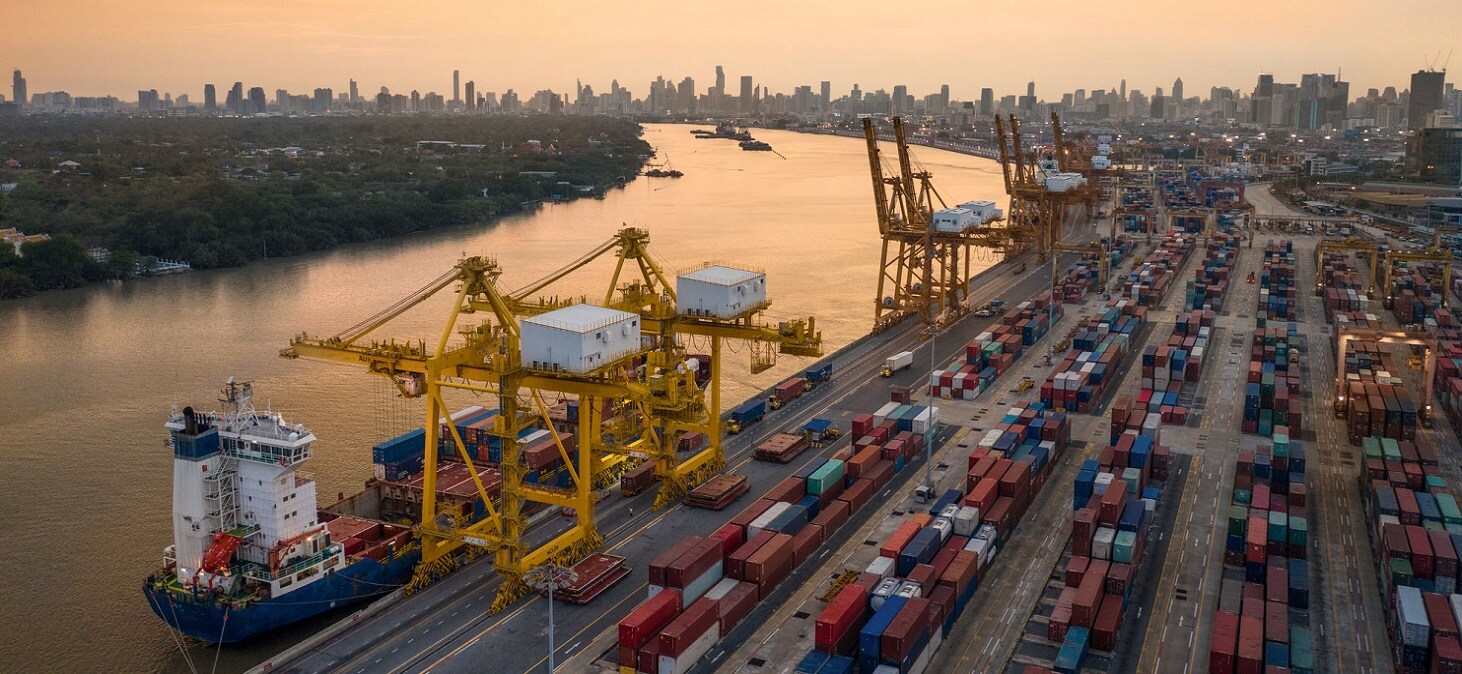
Tariffs are paid when goods arrive in a country, not when they are sold in stores. (UBS)
Tariffs are a sales tax paid by the buyer. However, tariffs are often described in economical nationalist terms, like “putting tariffs on China.” This actually means “putting a tax on domestic consumers of goods from China.” If people believe the nationalist tale, there is a risk that the inflationary hit from the tariff will be a shock, creating a negative impact on consumer sentiment.
Tariffs are paid when goods arrive in a country, not when they are sold in stores. However, the language around tariffs often suggests that a 10% import tax means a 10% increase in the consumer price. In fact, consumer prices should only rise 4%. If this tale is widely believed, it may become true—because it gives retailers pricing power to engage in profit-led inflation.
Tariffs apply to the goods section of the economy. Often the tale around tariffs gives the impression that this means the whole economy is affected. But imports of goods are a relatively small part of the economy, and the inflation impact needs to be considered in that context.
Main contributor: Paul Donovan, Chief Economist
Original report: Tariff tales, 24 January 2025.


